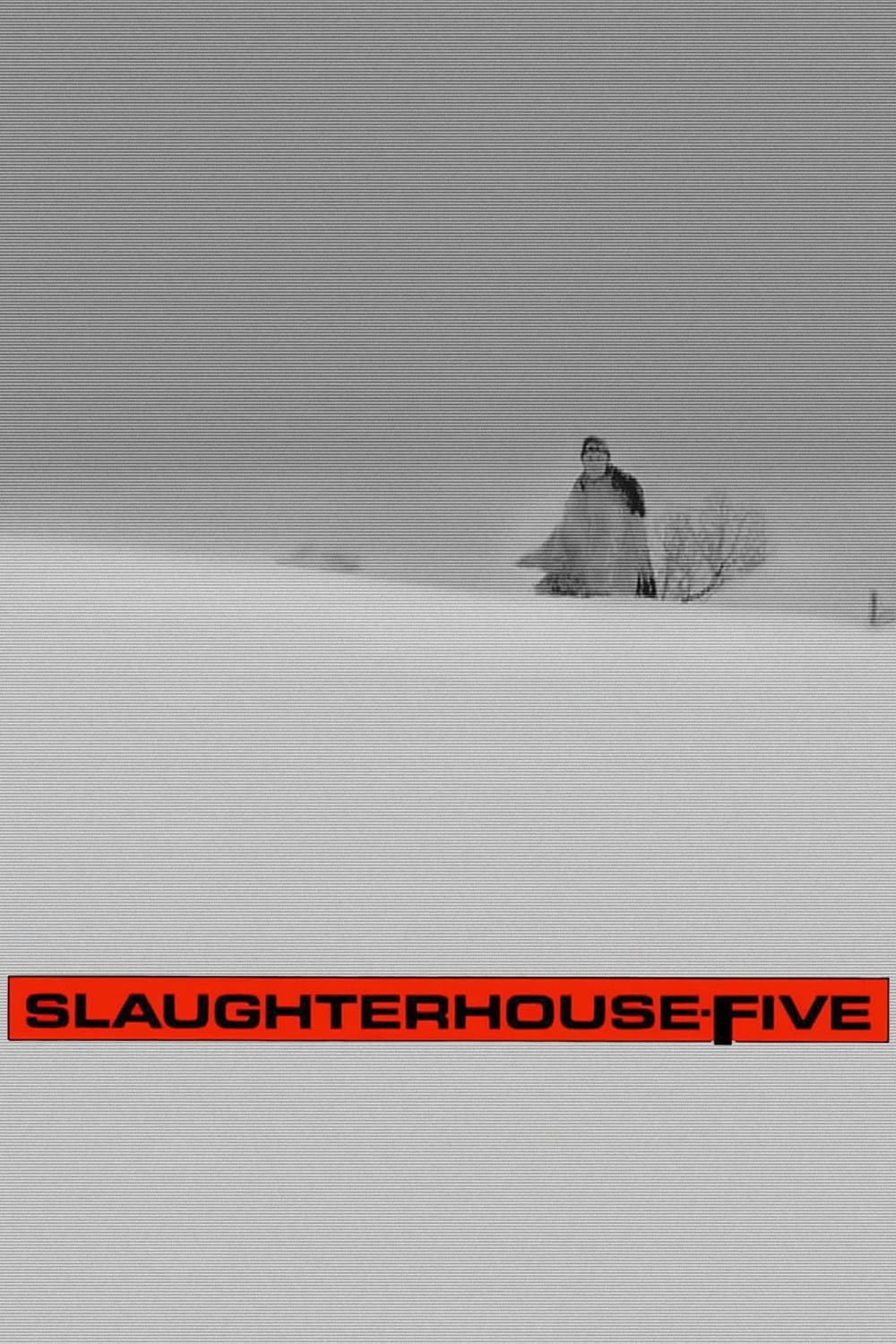"Spartacus" is a behemoth that Kubrick completely disowned. The film is a sweeping historical drama that blends spectacle, character, and political intrigue, about which a great deal has been said, it's hard to know what to say here.
The film chronicles the rise of Spartacus (Kirk Douglas), a gladiator who leads a slave uprising against the Roman Republic. Up to that, it's historically accurate. The plot of the film is a generous fictionalization. The film's grandeur is undeniable however. From the sprawling battle sequences to the opulent Roman settings, "Spartacus" immerses in a world of epic proportions. They truly don't make'em like they used to.
Kirk Douglas delivers a powerful performance as the titular hero, but the supporting cast is impressive. Tony Curtis, Laurence Olivier, Charles Laughton, and Peter Ustinov shine in their respective roles. The script was written by Dalton Trumbo, who was still blacklisted in 1958, and when the producers agonized over whether they dared give him the writing credit or not, Stanley suggested that they solve the problem by giving the credit to himself. Problem solved. Ultimately Douglas choose to credit Trumbo. It may seem strange today but this was an extremely bold and risky move at that time. As a result though, "Spartacus" was instrumental in finally ending the blacklist system.
While it is an historical epic, the film does take queues from the social and political climate the 1950s. The struggle for freedom depicted in the film resonated with audiences during the Cold War era. Themes of oppression, rebellion, and the pursuit of individuality, together with outstanding action sequences and remarkable performances by major stars, make for timeless cinema. Its core message and visual impact remain undiminished over decades.
Kirk Douglas was the producer of "Spartacus", and was fairly hands on. Kubrick was not the first choice, but rather had to be brought in quickly after production had already started. Douglas had fired Anthony Mann on a day's notice, apparently due to Mann allowing Laughton and Olivier, and especially Ustinov to improvise too much, for Douglass's liking, off script. Douglas had worked with Kubrick on "Paths of Glory" and he apparently saw Kubrick as a known quantity who perhaps owed him one, although the two did not get along. As an aside, Mann immediately went on to direct "El Cid" and "The Fall of the Roman Empire." So he did fine. It was a good time for movies about gladiators.
Production was plagued by casting issues, injuries and skyrocketing costs. Thankfully for film history, Douglas was determined. Tensions between Douglas and Kubrick on "Spartacus" are the stuff of movie legend. There were many shouting matches, a tale of a thrown chair, and more. At Kirk Douglas's wife suggestion, Kubrick and Douglas actually paused their work to jointly see a phycologist to try to work out their problems.
The most stunning example of the two being at odds revolves around the iconic "I Am Spartacus" moment. The scene where the slaves declare "I'm Spartacus!" to protect their leader was not in the original script. When the idea came up, Douglas wanted to try it. Kubrick wouldn't even respond to the memo. When Douglas brought it up to Kubrick in person (while on horseback no less), Kubrick famously physically ignored Douglas, then when pressed ultimately said "I don’t want to do it. It’s a stupid idea.”
It is then said, the story floats around the internet, that Douglas pined Kubrick against a wall with his horse, and told him "Listen you little prick... Shut up! …This may be a stupid idea, but we’re going to try it!"
There's more to that quote, but it's not clear where this story comes from. They obviously did the scene, so I'm sure there's truth to it. In an interview just before his 100th birthday, Douglas said of Kubrick “He was a bastard! But he was a talented, talented guy.”
Fun fact: for the sound of the masses declaring "I am Spartacus!" a Michigan State college football crowd was recorded before a game in a stadium.
























